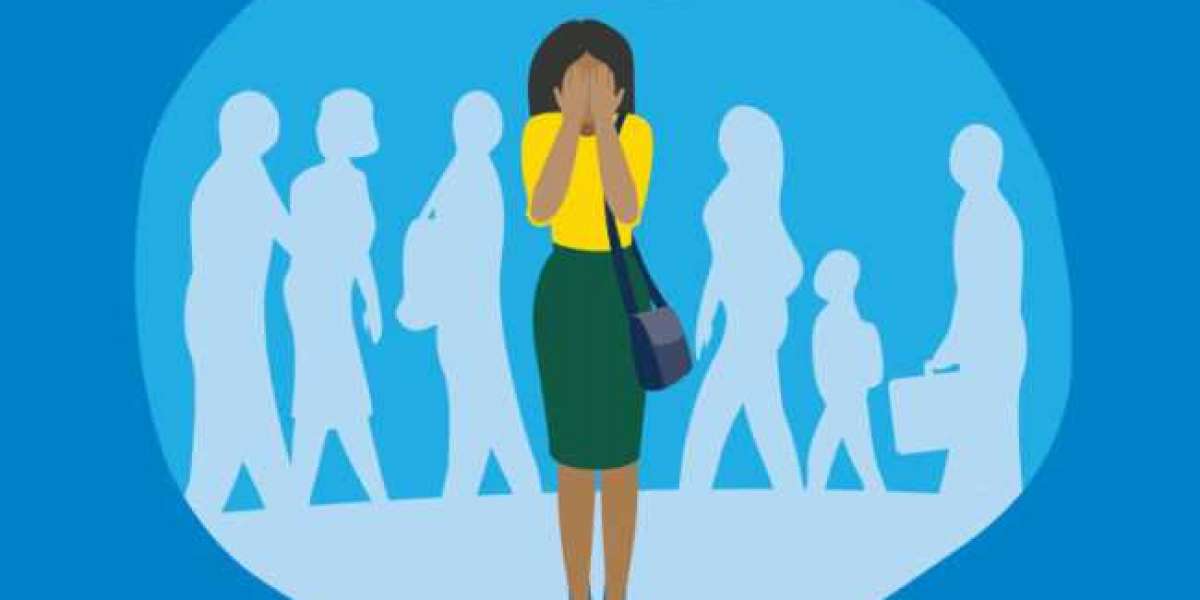If you are a college student and are worried about the upcoming semester, you're not alone. Anxiety is common and is nothing to be ashamed of. If you're feeling anxious during your first semester of college, there are several things you can do to help yourself. This article discusses common causes, signs, and treatment options.
Common causes
Many students experience anxiety while in college. However, anxiety is not an entirely avoidable condition. Often, it can cause serious long-term consequences. According to Lisa Smith, director of the Center for Anxiety and Related Disorders at Boston University, it is more important to learn to cope with stressful situations than to avoid them entirely. She advises students to seek help early on in the college experience to reduce the risk of developing anxiety.
There are many options for treating college anxiety. Counseling can be obtained through a mental health clinic. These practitioners can be found in private offices or public health facilities. The Mayo Clinic lists a variety of treatment options, including therapy, behavior modification, and lifestyle coaching. Additionally, students with health insurance may be able to receive therapy through their insurer.
Treatment options
Anxiety can interfere with a person's life and college experience, and it's important to address the problem. If symptoms are too severe or upsetting to deal with, it's time to visit a doctor. Some cases are linked to an underlying health problem. It's also helpful to discuss your situation with someone in your life who can provide additional support.
There are several different treatments available to help students cope with anxiety. These treatments include cognitive-behavioral therapy (CBT), relaxation therapy, and mindfulness-based stress reduction. If you're unable to afford professional therapy, you may want to consider trying a self-help group. These groups can be helpful because they're led by people who understand what you're going through.
Symptoms
College anxiety symptoms can interfere with a college student's studies and overall quality of life. They can be so severe that they can affect a person long after they graduate from school. This mental health problem is not uncommon, impacting millions of people nationwide. Although the symptoms of anxiety differ from person to person, it is important to recognize the signs to identify and treat the problem.
Typically, anxiety is triggered by the fear of the unknown. When a person is anxious, the mind fills in the blanks with worries and hopes. The new environment in college can overwhelm a person's mind, leading to feelings of depression, fear, and extreme self-doubt. Many students may isolate themselves from social situations to avoid feeling vulnerable. They may also become fearful of political events, climate change, and other factors that create uncertainty.
Signs
If you feel anxious about college, you're not alone. Almost every student experiences some degree of stress during the school year. Taking on a heavy course load and managing other time commitments can be overwhelming. However, identifying signs of college anxiety and knowing what to do about it can make managing it a lot easier.
There are many things you can do to reduce your college anxiety, including investing time in relationships and developing a self-care routine. Anxiety can be a powerful emotion that has a long-term impact on your health and well-being. Luckily, you can begin addressing it today!
Choosing therapy
Anxiety during college can be debilitating and have a lasting impact. Fortunately, there are many ways to address and overcome anxiety and find relief. Whether you're experiencing symptoms of panic attacks or constant negative self-talk, a qualified counselor can help. In some cases, college anxiety is the result of an underlying health issue.
Some students worry about the cultural stigmas associated with seeking therapy, but this shouldn't stop you from seeking help. The first step is to find a therapist you feel comfortable with. Therapists are bound by a code of ethics to keep patient information confidential. However, in some cases, they must disclose information if the patient poses a risk to themselves or others.
Resources
If you're a college student suffering from college anxiety, there are resources available to help you overcome the problem. One of the first things you can do is talk to a trusted outside source. A therapist or college student center peer counselor can offer valuable advice and tips about dealing with anxiety. College students can also find support online at sites like College Confidential. Practicing deep breathing and focusing on the present moment are also useful ways to cope with anxiety.
There are many resources available online, including support groups, self-help books, and coping techniques. The American Psychiatric Association has an excellent resource for people suffering from anxiety. The website has information about the symptoms of the disorder, how to find a treatment program, and prevention methods. It also includes helpful articles about anxiety, depression, and related conditions.








